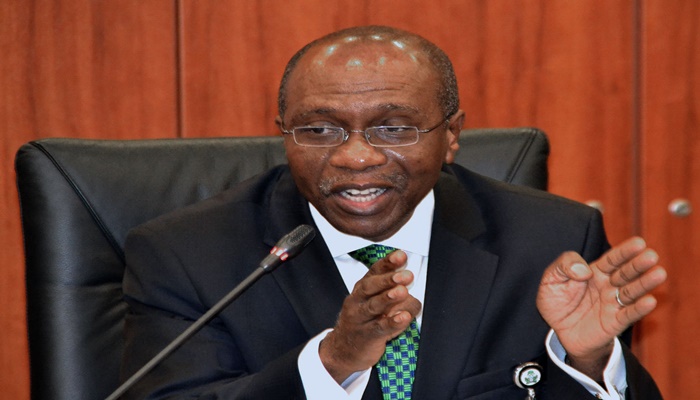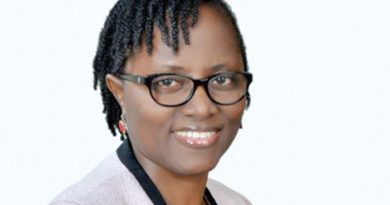CBN promises to raise LDR of banks to 70% by 2020
- as NDIC restates commitment to zero-tolerance to infractions
The Central Bank of Nigeria (CBN) has said that banks’ Loan to Deposit Ratio (LDR) will be increased from its current position of 65 per cent to 70 per cent by 2020.
The CBN Director, Banking Supervision Department, Mr. Hassan Bello made the disclosure in Yola Adamawa State on Tuesday at the 2019 workshop for Finance Correspondents and Business Editors organised by the Nigeria Deposit Insurance Corporation (NDIC), with the theme, “The Nigerian Banking System Stability: Tackling Emerging Issues.”
Bello said the introduction of the LDR has enhanced credit into key sectors of the economy, adding that by next, it would be raised to 70 per cent.
He said, “The Central Bank increased the minimum loan-to-deposit ration to encourage banks to lend and de-risk the real sector, particularly the SMEs.
“This is to encourage employment. Now, we are thinking of doing 70 per cent by the end of next year. Within the period that we have increased the LDR, industry lending has increased by over N1.1 trillion.”
It would be recalled that the CBN had on July 3, 2019, directed banks to maintain a minimum LDR of 60 per cent by September 30, 2019.
The LDR, which is being reviewed quarterly to improve lending to the real sector, was 58.5 per cent as of the end of May.
It has now been raised to 65 per cent for the last quarter of this year.
The CBN Governor, Mr Godwin Emefiele, had while giving a breakdown of the loans disbursed under the LDR requirement said the manufacturing sector received the highest amount of N459.69 billion.
This was followed by consumer loans of N356.66 billion, general commerce N242.98 billion; information and communications N82.07 billion; construction N74.52 billion; agriculture, forestry and fisheries N72.03 billion; mining and quarrying N4.64 billion and transportation and storage N0.9bn among others.
Speaking on the issue of Non-Performing Loans in the banking sector, Bello said steps have been taken to reduce the number of delinquent debtors.
According to him, “What we also did in the system to strengthen banking system stability, is the fact that so long as you are owing a bank, the bank you are owing can take the money in any of your accounts that you have money.
“You would have been made to sign the agreement before taking the loan. That is one of the measures to guard against risk in the system.
“Yes, there are vulnerabilities, but we do not foresee any systemic challenges in the banking industry, that would jeopardize the banking system.”
On his part, the Director, Bank Examination Department, NDIC, Mr Tayo Babatolu said a lot of initiatives have been implemented to reposition the banking sector to support the economic programmes of government.
He spoke on the topic, “Emerging Issues in the regulation and Supervision of Banks in Nigeria.”
Babatolu gave some of them to include the introduction of sustainable banking principles, code of corporate governance, implementation of a common financial year-end for banks, and increase in the deposit insurance cover for bank depositors for N500,000.
“There is a need for continuous improvement in our operations because banking is becoming more sophisticated.
“We are improving oversight and zero tolerance for regulatory infractions. Once you break the law, you face the consequences to serve as a deterrent to others,” he added.




